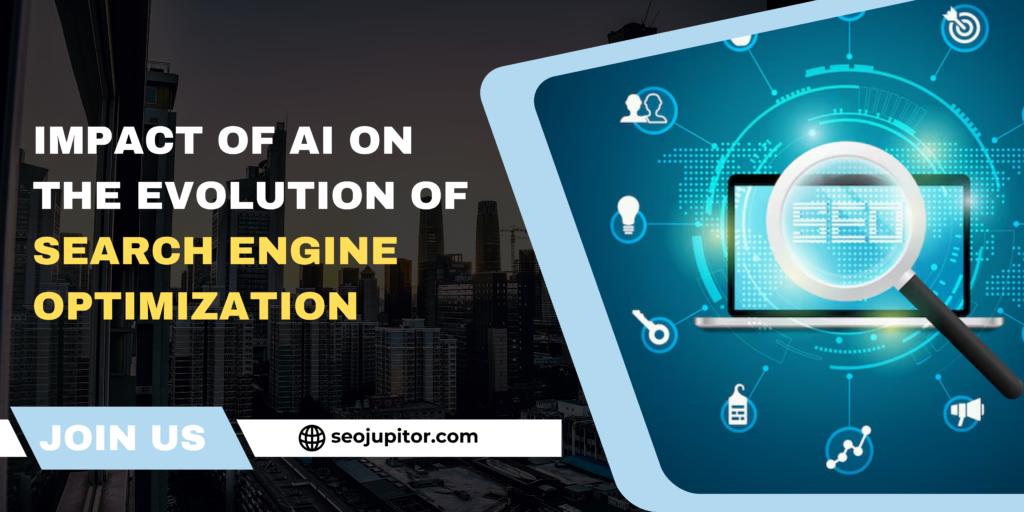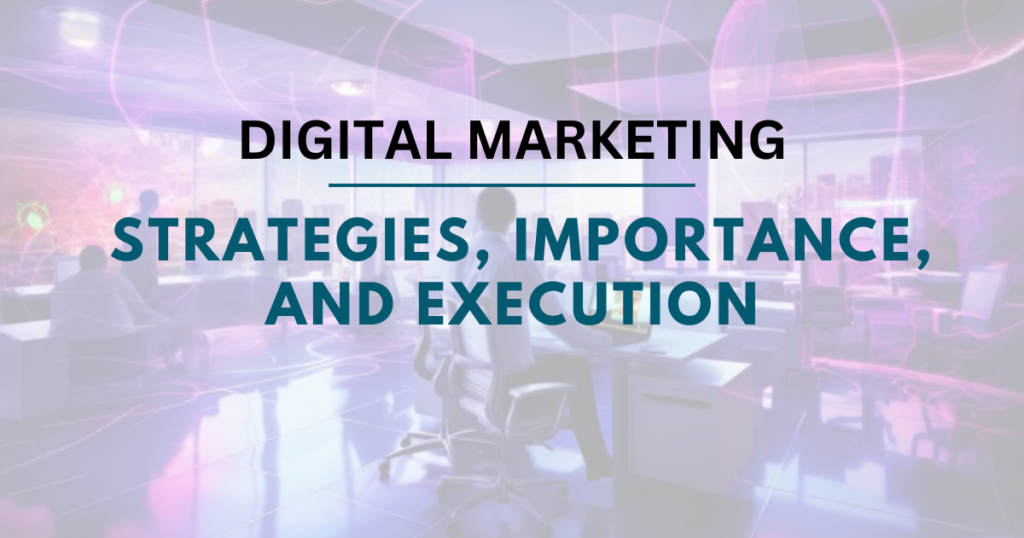Search engine optimization (SEO) is an indispensable tool for businesses striving to improve their online visibility and attract potential customers. However, traditional SEO methods are evolving rapidly with the integration of artificial intelligence (AI) technologies. This article explores the transformative potential of AI in reshaping the future of search and SEO.
Introduction
The advent of AI has revolutionized various industries, and search engine optimization is no exception. AI-powered algorithms are increasingly becoming the backbone of search engines, enabling them to deliver more relevant and personalized results to users.
AI-Powered Search Engines
AI algorithms play a pivotal role in enhancing the effectiveness of search engines. By analyzing vast amounts of data, AI can understand user preferences and behavior patterns, leading to more accurate search results. Moreover, AI-driven search engines continuously learn and adapt to changes, ensuring that the results remain relevant and up-to-date.
Natural Language Processing (NLP)
One of the most significant advancements in AI is natural language processing (NLP), which enables search engines to understand and interpret human language more effectively. This technology allows for better comprehension of user intent, leading to more precise search results. Additionally, NLP facilitates voice search optimization, allowing users to interact with search engines using spoken language.
Content Creation and Optimization
AI has also revolutionized content creation and optimization processes. With the help of AI-generated content, businesses can produce high-quality articles, blogs, and product descriptions in a fraction of the time it would take manually. Furthermore, AI-powered tools can analyze and optimize content for SEO, ensuring that it ranks higher in search engine results pages (SERPs).
Predictive Analytics
AI enables predictive analytics, empowering businesses to anticipate user behavior and forecast future search trends accurately. By leveraging predictive algorithms, companies can tailor their SEO strategies to meet the evolving needs and preferences of their target audience, thereby staying ahead of the competition.
Enhanced User Experience
AI-driven technologies, such as chatbots and personalized recommendations, enhance the overall user experience on websites. Chatbots provide instant assistance to users, addressing their queries and guiding them through the website navigation process. Moreover, AI algorithms analyze user behavior to create personalized experiences, ultimately increasing engagement and conversion rates.
Mobile Optimization
With the increasing prevalence of mobile devices, optimizing websites for mobile users has become imperative. AI-driven mobile SEO strategies help businesses enhance their mobile presence by optimizing website speed, improving user experience, and implementing accelerated mobile pages (AMP), ensuring better visibility and rankings on mobile SERPs.
Local SEO
AI technologies play a crucial role in local search optimization, enabling businesses to target customers based on their geographical location. By leveraging AI-driven geotargeting techniques, businesses can optimize their online presence for local searches, thereby increasing foot traffic and driving sales from nearby customers.
AI Ethics and Challenges
While AI offers numerous benefits for search and SEO, it also raises ethical concerns and challenges. Privacy issues, data security, and algorithmic bias are some of the key areas that require attention. Businesses need to adopt ethical AI practices and ensure transparency in their AI-driven SEO strategies to build trust with users.
Conclusion
In conclusion, AI has emerged as a game-changer in the field of search engine optimization, offering unprecedented opportunities to improve online visibility, enhance user experience, and stay ahead of the competition. However, businesses must navigate the ethical considerations and challenges associated with AI to harness its full potential effectively.
FAQs
- How does AI improve search engine rankings?
Ans: AI analyzes user behavior and preferences to deliver more relevant search results, thereby improving rankings. - Can AI help with voice search optimization?
Yes, AI-powered natural language processing enables voice search optimization by understanding spoken queries more effectively. - Are there any risks associated with AI in SEO?
Yes, risks include privacy concerns, data security issues, and algorithmic bias, which need to be addressed for ethical AI implementation. - How does AI impact content creation?
AI streamlines content creation processes by generating high-quality content and optimizing it for SEO, saving time and resources for businesses. - What are some ethical considerations in AI-driven SEO?
Ethical considerations include transparency in algorithms, avoiding bias, ensuring data privacy, and maintaining user trust in AI-driven SEO strategies.





Pingback: Digital Marketing: Strategies, Importance, and Execution
Pingback: How AI Improves Email Marketing A/B Testing for Higher Conversions
Pingback: Ubersuggest, Ahrefs, or Semrush: Which Tool Is Best for Keyword Research -
Pingback: Unlocking the Power of AEO: What You Need to Know - SEO Jupitor